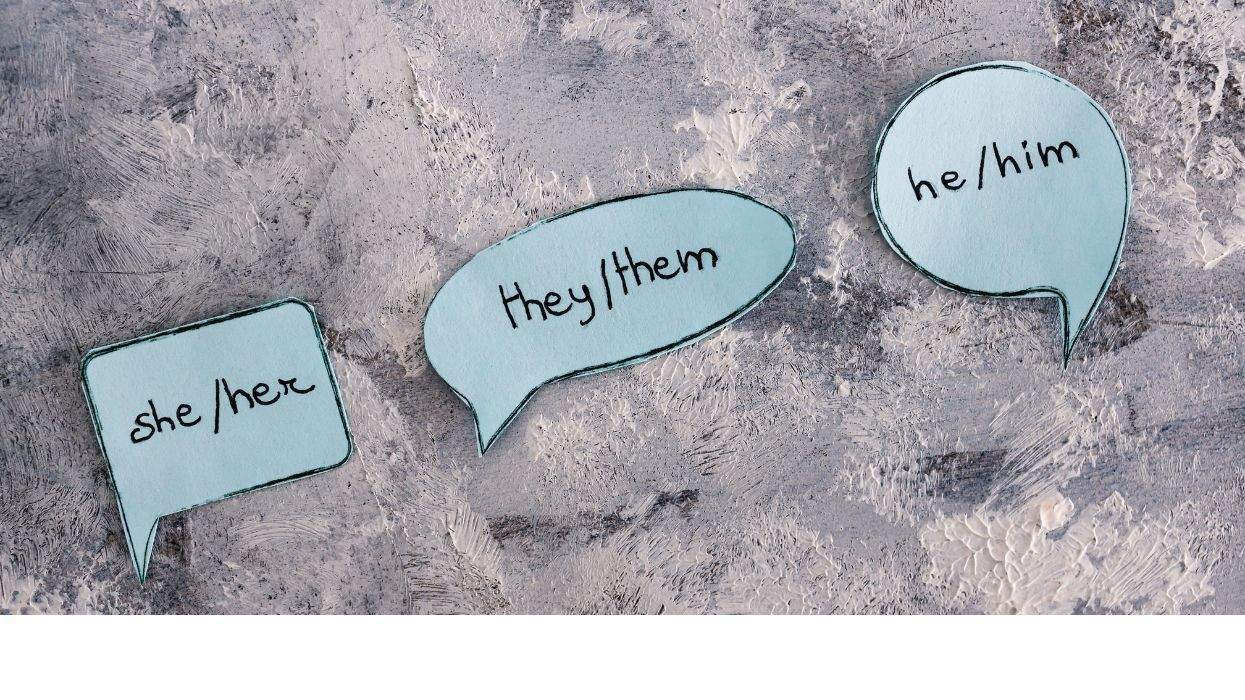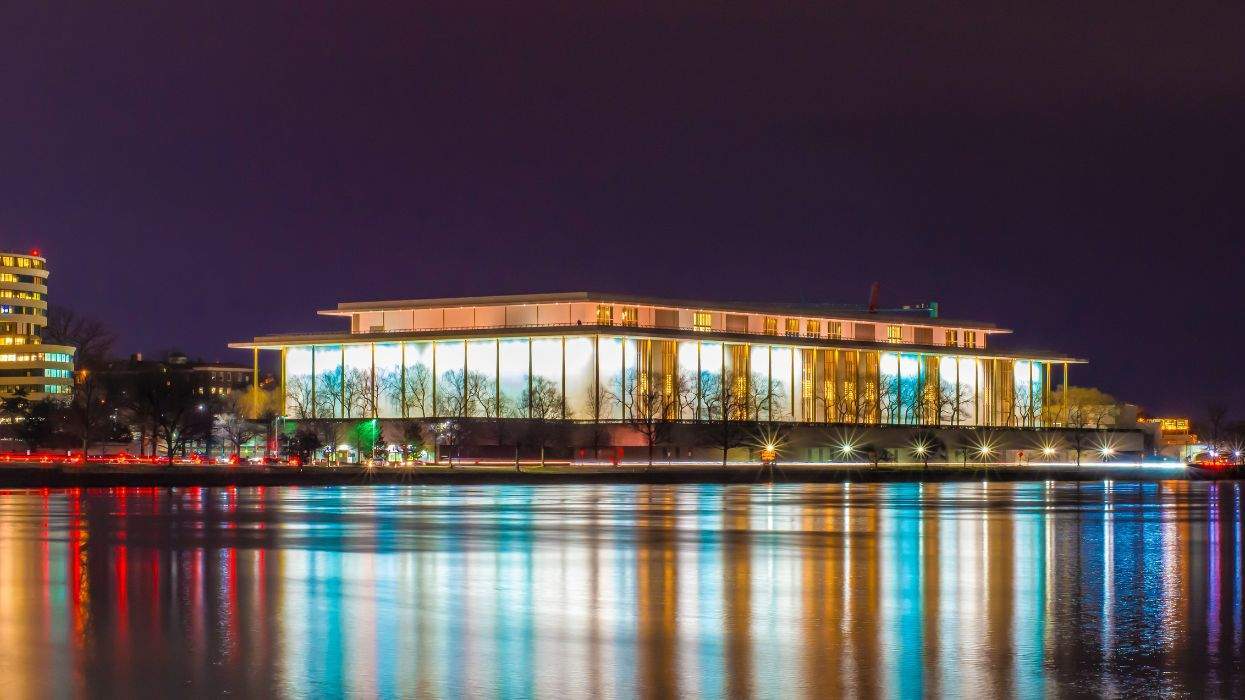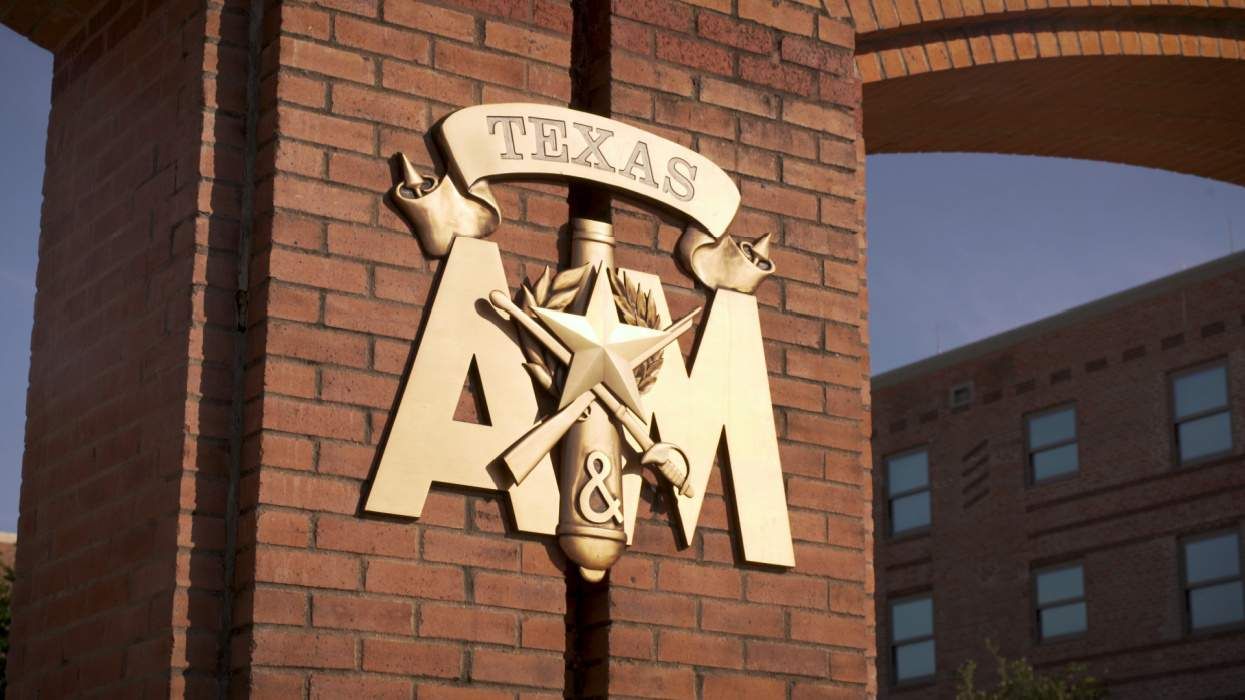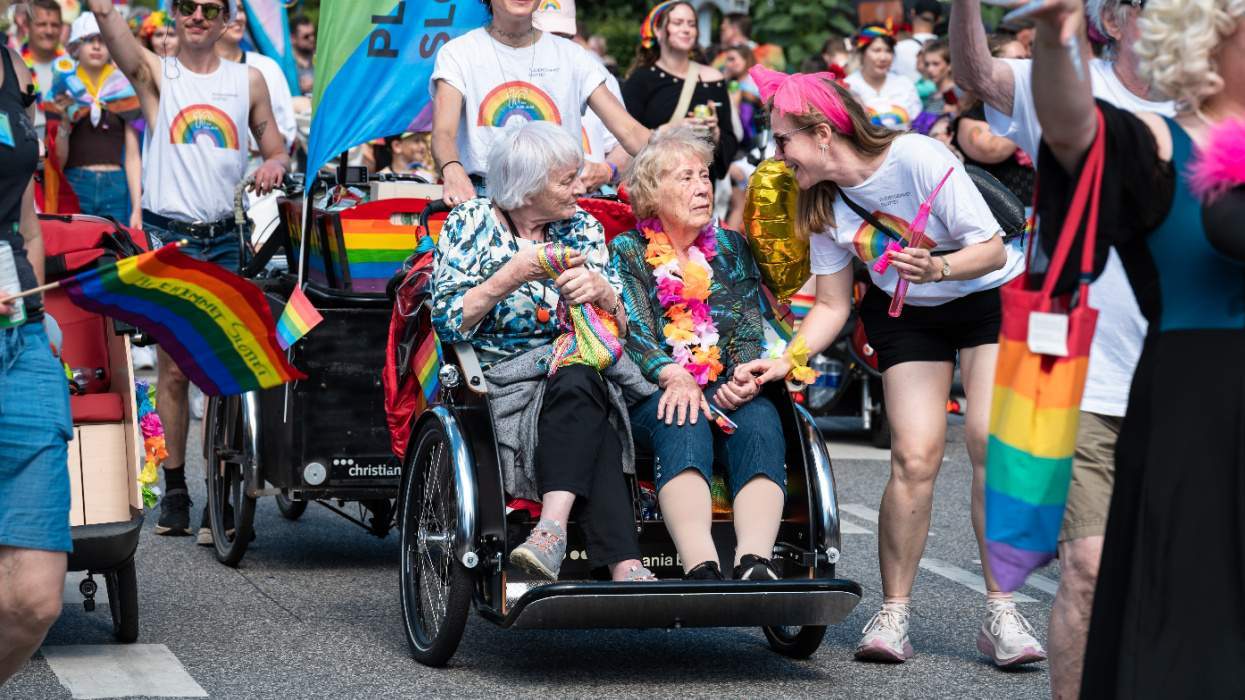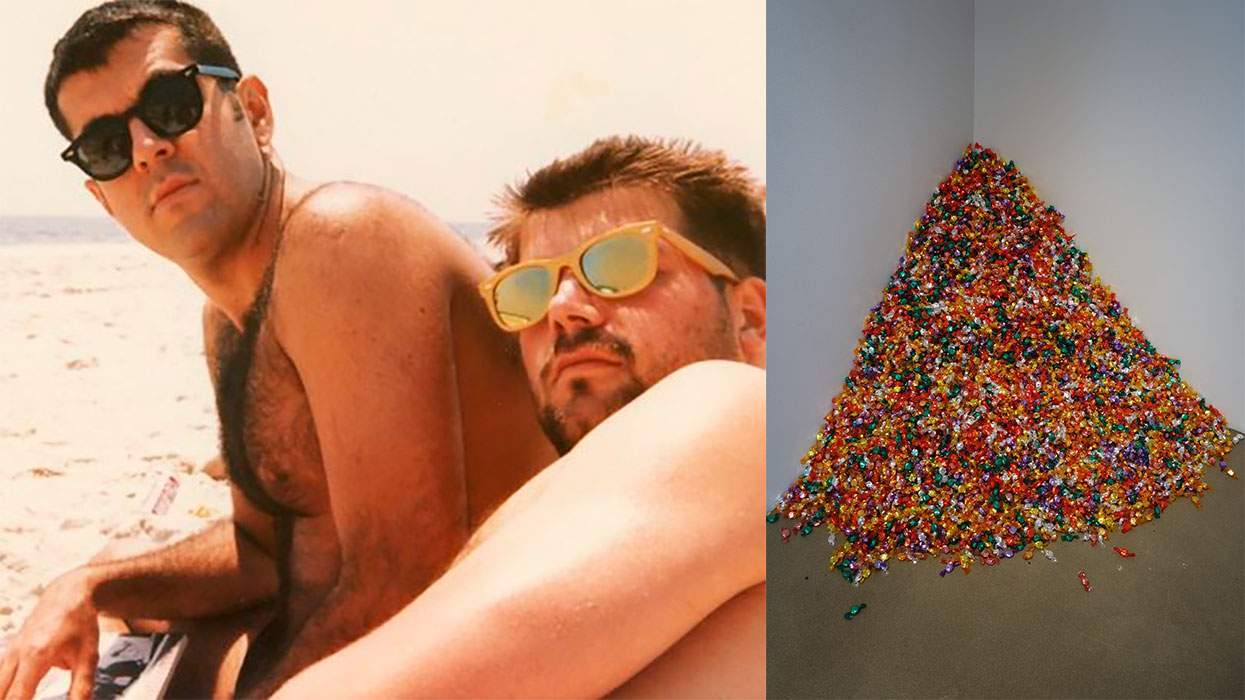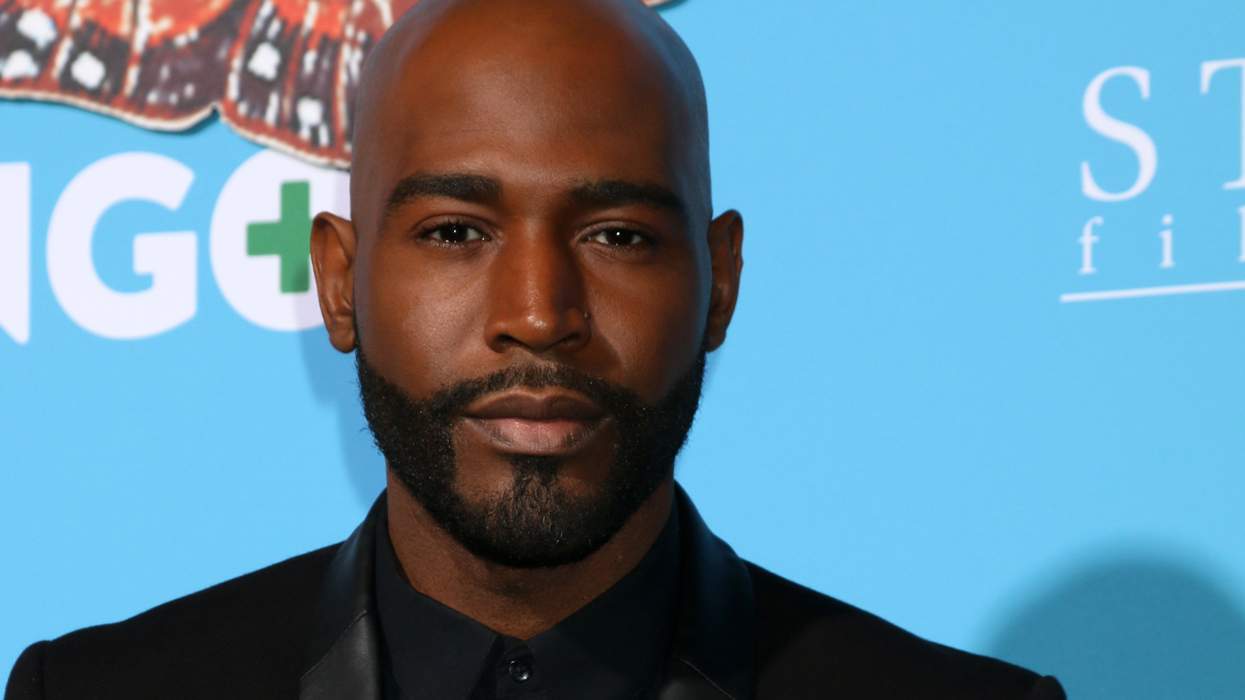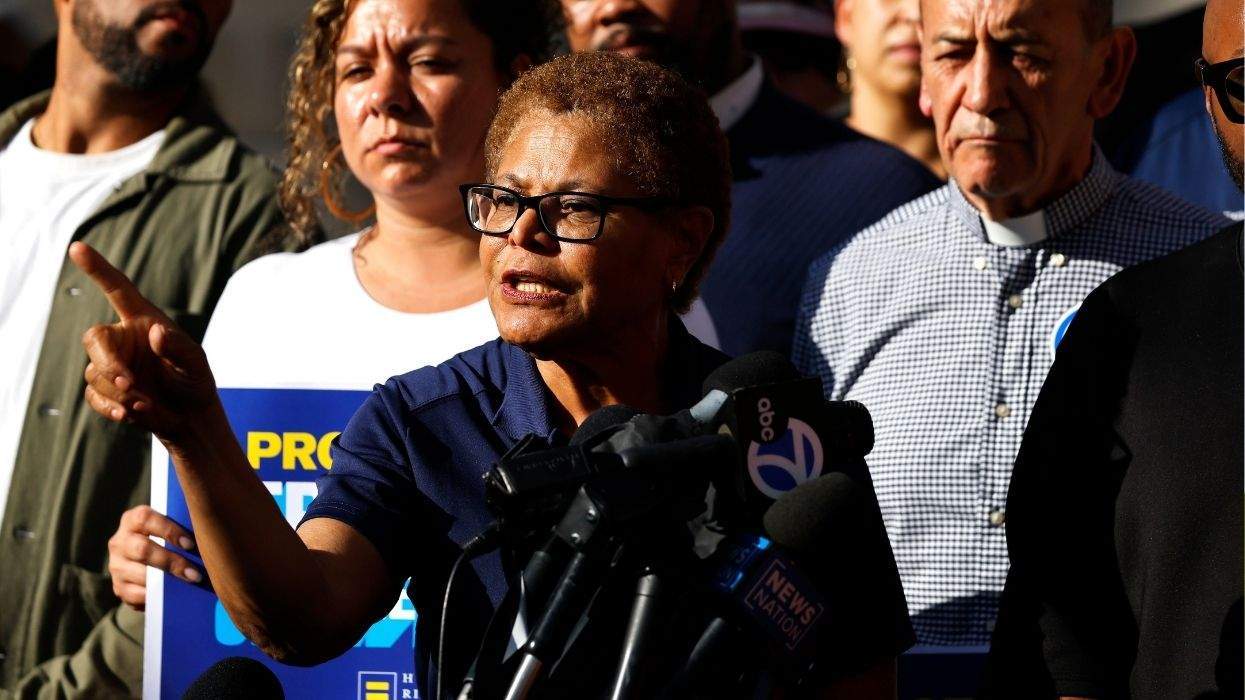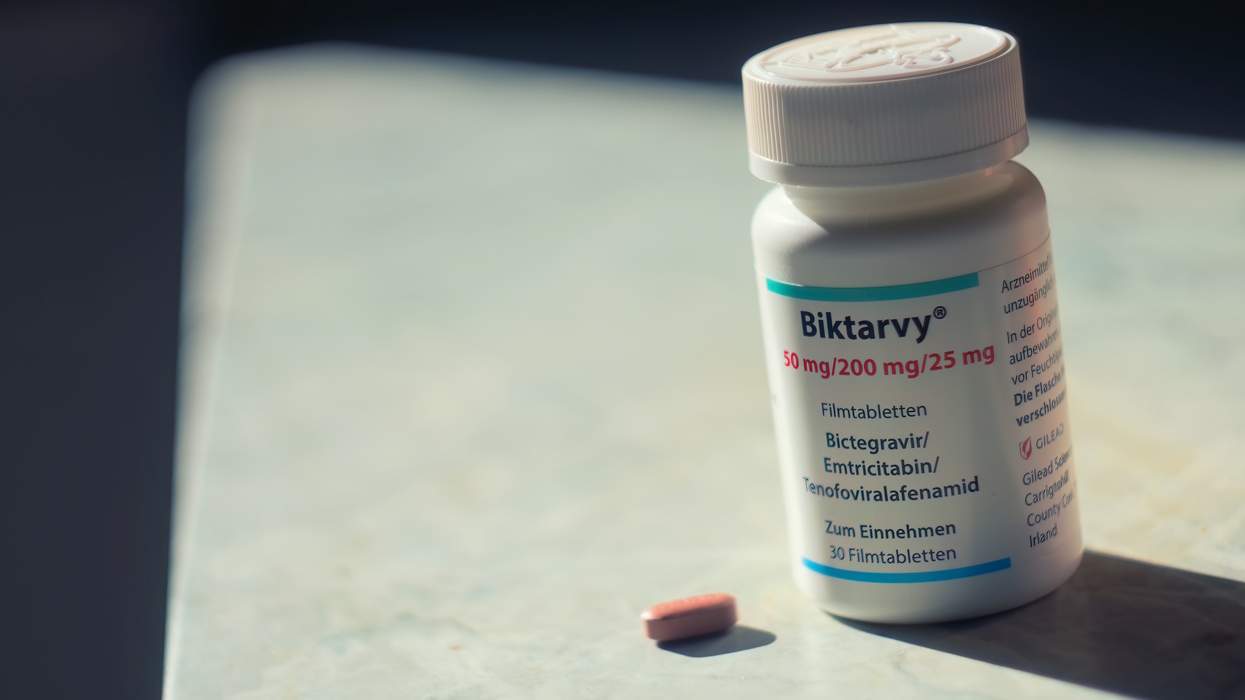One of the most important cases in front of the Supreme Court of the United States this year is one that is just coming to our collective consciousness amid the near-daily attacks on LGBTQ rights and protections by the Trump administration and Jeff Sessions's Department of Justice.
Today, SCOTUS will hear oral arguments in Masterpiece Cakeshop, Ltd. v. Colorado Civil Rights Commission -- a case about a person's right to cite religious beliefs to gain exemption from existing laws and deny service to a fellow American. You may have heard that this case is about the owner of a business in Colorado, called Masterpiece Cakeshop, who refused to sell a wedding cake to a gay couple.
Those are the basic facts of the case, but the truth is that this is about so much more than a wedding cake. If decided incorrectly, the case would inscribe hate into law and render toothless any existing and future nondiscrimination laws intended to protect LGBTQ people, and others in this nation vulnerable to discrimination.
Words matter when we are talking about the Masterpiece Cakeshop case or any of the other court cases, pieces of legislation, or federal guidance that concerns religious exemptions on the local, state, or federal level. The terms "religious freedom" and "religious liberty," which have been used erroneously in so much of the reporting around this case, come directly from the playbooks of groups like the Alliance Defending Freedom, which the Southern Poverty Law Center has designated as an anti-LGBTQ hate group, and which is bringing the lawsuit on behalf of the discriminatory Colorado baker.
Despite a decade-long strategy by the ADF, which has attempted time and time again to advance this type of anti-LGBTQ legislation through the courts, the majority of Americans are against religious exemptions to nondiscrimination protections. This includes the majority of those of Christian faith the ADF claims to be fighting to protect with only half (50 percent) of white evangelical Protestants and fewer than half of Mormons (42 percent), Hispanic Protestants (34 percent), black Protestants (25 percent), and Jehovah's Witnesses (25 percent) believing that small business owners should be granted permission to refuse services to LGBTQ people, according to a recent Public Religion Research Institute study.
Religious freedom is paramount to our country, and that's why it is already enshrined in the First Amendment. However, media continues to inaccurately use terminology such as "religious freedom" or "religious liberty" to refer to what are actually religious exemptions that discriminate against women, LGBTQ people, single parents, people of color, and many more.
Under religious exemption laws, a business owner can deny women reproductive health care services, reject a person of color's housing or employment application, or refuse to give medical care to a child of two lesbians.
GLAAD has been leading the charge to ask journalists to frame the national discussion in a fair and accurate way, developing a tip sheet for journalists reporting on cases like this, and spearheading an open letter to media from over 40 organizations call for fair and accurate reporting on religious exemptions in advance of the SCOTUS case. We are also asking our communities to join our "Drop the F Word" campaign and help us hold the media accountable by asking journalists to use the term "religious exemptions" in their ongoing reporting and news coverage. The time is now to work to change the national narrative around religious exemptions, to take the language back from those who would seek to oppress us, and roll back our hard-won rights as LGBTQ people.
One of the main arguments that the ADF is pushing in the Masterpiece Cakeshop SCOTUS case concerns the baker's "artistic expression." Once again, words matter here. While the work that many bakers do is beautiful, that is entirely beside the point in this case. Businesses that sell products to the general public are not above the law just because there is a creative aspect to their work. There is simply no exemption for businesses with an expressive or creative element to refuse services to some people because of who they are.
The ADF is simply trying to put some pretty icing over a very bad argument, and we can see it for exactly what it is: a blatant and rather ugly attempt to discriminate against LGBTQ people.
The Masterpiece Cakeshop SCOTUS case is of vital importance, and it deserves our full attention as LGBTQ people, as allies, and as anyone who is concerned with justice, fairness, and the rule of law. This case isn't about any kind of expression of freedom -- religious, artistic, or otherwise -- it is solely and decidedly about discrimination. And our communities will reject and resist this discrimination at every step.
SARAH KATE ELLIS is the president and CEO of GLAAD. Follow her on Twitter @sarahkateellis.

